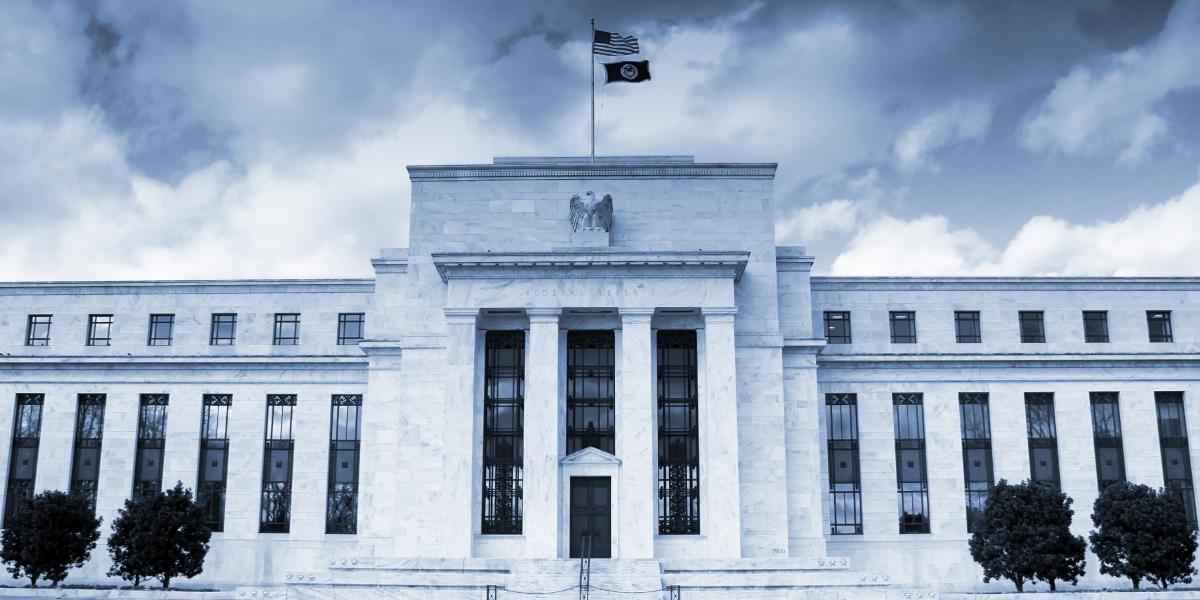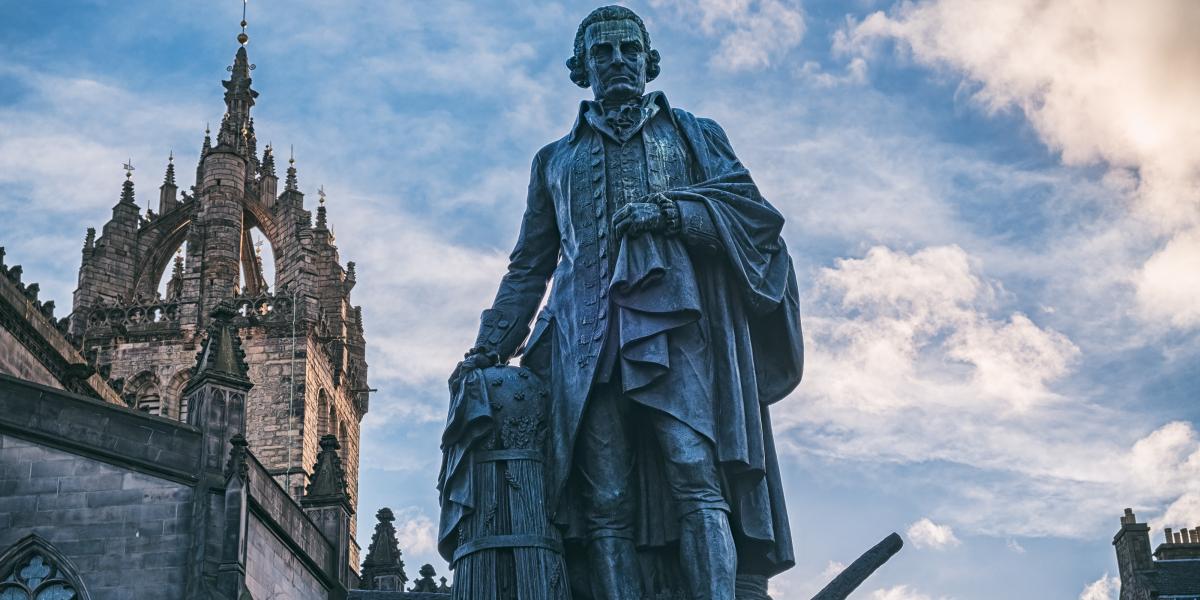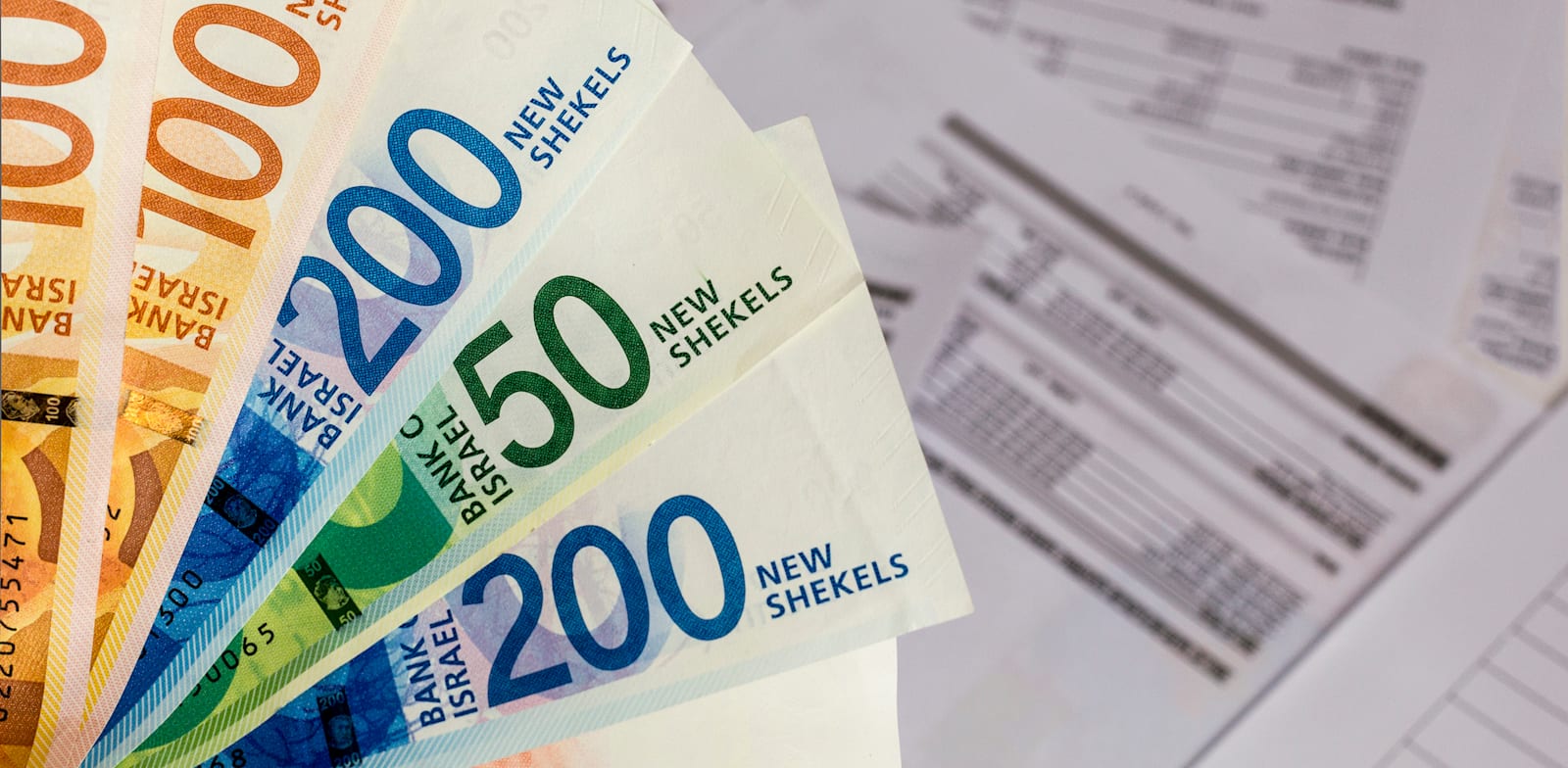Syria, as a nation-state, did not exist until 1945, when it became a founding member of the United Nations. From 1920, following the fall of the Osmanlis, it had been under a French Mandate. Before that, modern Syria was an administrative division of the Osmanlis, within the larger Syria province, which included much of the Levant.
Between 1945 and 1963, when the Baathists came to power, Syrian politics was marked by constant upheaval—coup after coup—while trying to establish a political system, a form of social nationalism, that did not emerge organically from its own history but was instead imported from the West. There was even an attempt to form a United Arab Republic with Egypt in 1958, which eventually paved the way for the Baathist takeover.
From 1963, the Baathist movement, rooted in Arab socialism, took control, but internal struggles persisted until 1970, when Hafez al-Assad seized power. Assad consolidated and centralized authority, reshaping Baathist ideology to establish his own dynasty and fuse it with Alawite belief, an offshoot of Shiism that even Shias originally did not accept. This effectively set up the rule of a religious minority with a Western-inspired political ideology over a Sunni majority to whom they were politically and religiously alien.
Such a rule can survive only in two ways: first, through a terror-inducing police state that suppresses dissent; second, through external alliances that grant recognition to such a regime, enabling it to operate internationally. While the social reality was more nuanced due to the diverse minorities within Syria’s borders, these were defining traits of the Assad regime for its entire duration.
The regime also justified its power by invoking the idea of a nation-state that transcended religious and ethnic divisions. However, this was true only insofar as one accepted the Assad family’s definition of religious socialism, because as a nation-state, Syria lacked unifying elements. There was no foundational myth, no common language, no shared religion or ethnicity. Which raises the question: what was Syria before that?
For centuries, Syria was part of the Osmanli Devlet, the term the Ottomans used for their polity. It is misleading to translate Devlet as “empire” or “state.” This is the claim of Professor Mehmet Maksudoğlu, a Turkish historian, in his book Osmanli History and Institutions. He argues that, according to Osmanli sources, they never referred to themselves as “İmparatoriyye-i Osmaniyye,” but rather as “Devlet-i Aliyye-i Osmaniyye,” which translates as “The Sublime Osmanli Devlet.”
Why does this matter? Devlet comes from the Arabic dawlat, meaning something that changes, rotates, or alternates. It can also be understood as “polity.” Translating it as “state”, with the Western connotation of the term, would be incorrect, because a state implies something fixed, while the term implies something in flux. According to Maksudoğlu, the Osmanlis did not view themselves as either a state or an empire—at least not until the Tanzimat reforms, aimed at centralization, in the mid-nineteenth century. The term also connotes circulation and exchange, which, when applied to governance, carries an economic dimension.
This understanding of political organization was reflected in their government and institutions. According to Maksudoğlu, a large majority of the Osmanli sadrazams and vazirs were not Turkish, similar to many members of the elite corps of the army, which was not fully centralized. The Osmanlis also lacked centralized systems for education, healthcare, or social services, as these were largely managed by independent awqaf, which can be loosely translated as private social foundations.
Many other features distinguished Osmanli rule from that of a Western empire or later nation-state, but perhaps the most important was the purpose of the socio-political order. For the Osmanlis, the role of political authority was to enable the establishment and flourishing of Islam. Sovereignty and legislative authority did not ultimately belong to rulers but to God, and in Sunni Islam, there is no divinely appointed ruler (though there is in Shiism).
From this concept of sovereignty emerges the idea of the Ummah, which, according to Wadah Khanfar, former Director-General of Al Jazeera and author of The First Spring: Political & Strategic Praxis of the Prophet of Islam, is a political one. According to Khanfar, the Ummah was a suprapolitical community to which various Islamic powers—often in conflict with one another—were connected. When the Crusaders invaded the Middle East, the Fatimids of Egypt initially saw them as an opportunity to challenge the Abbasids, but later allied with them when faced with the greater collective threat posed to the Ummah.
The concept of the Ummah as a political entity was not strictly tied to being Muslim. For the first two centuries of Islamic expansion across the Middle East and Central Asia, about 70% of the population was not Muslim. Ethnicity, language, or culture was therefore not decisive in being part of the Ummah or later the Osmanli Devlet: if you were Muslim, or agreed to be ruled by them, you could be accepted within the Muslim polity.
This is, of course, an idealized version; the reality was far more nuanced and often contradictory. But it is important to understand that this was a widely recognized and accepted framework, and rulers could be called upon to uphold its standards. One might dislike Islam or the Osmanlis, but the fact remains that until the early twentieth century, Syria and much of the Middle East operated under a political paradigm very different from that of the West at the time.
Another key difference in this paradigm was economic organization. The rise of the nation-state is inseparable from the rise of banking and capitalism. One could argue that the concept of the nation-state began to take shape with the Westphalian Treaties of 1648, following the Thirty Years’ War, and culminates with the end of what De Gaulle called the “Second Thirty Years’ War,” in 1944.
This period of roughly three centuries coincided with the rise of the banking system. The Bank of England, founded in 1694—while not the first bank—was the first to which a nation became indebted. The end of World War II brought about the International Monetary Fund and the World Bank.
This is no minor detail. Fiat currency and banking were prohibited by virtually all Islamic scholars until the early twentieth century. It was only after the fall of the Ummah as a political concept, the colonization of Arab and Muslim-majority lands, and the perception of Western superiority that Islamic scholars began to permit fiat currency and banking institutions. In fact, one could argue that the Osmanlis lost not on the battlefield but on the financial front—a claim supported by the fact that Türkiye was never colonized militarily, but the Osmanlis lost the financial war against the West.
The monopolization of the economy through control of the money supply is as central to the nation-state as the monopolization of violence. Together with the purpose of the social organization, these elements create a social paradigm fundamentally different from that of the Osmanlis.
Today’s Syrian government is attempting to build a centralized nation-state, but Wadah Khanfar argues that this concept remains alien to the Arab world. One could speak of an Arab nation, but that would encompass at least 20 current states. According to him, this very concept—imported from the West and imposed by the French and British—has fueled the turmoil that now engulfs the Middle East.
A brief word about the current government of Syria, as many readers will be frowning. Many Western commentators, both from the mainstream and alternative media, insist on calling Al-Sharaa and his troop a “bloodthirsty jihadi terrorist” one. I have no sympathies for them nor their ideology. However, what is terrorism and who is a terrorist? Who gets to label others as terrorists? Who is a jihadist and why?
No question that Al-Sharaa, before known as Al-Jolani, and his people might have committed crimes in Syria. But so did Hafez and Bashar al-Assad—and much worse—and so have the Shia militias, and so has the US and the West, on a scale far bigger than all of them together. I will refer to two Syrian commentators, Alexander McKeever and Aymenn Jawad al-Tamimi, who, being in the region and not particularly inclined towards Al-Sharaa, avoid using these labels and have a much more balanced and nuanced understanding.
What is obvious is that neither Syria nor the rest of the Middle East can return to a political organizational system that no longer exists. What is less obvious is whether they should move forward toward the nation-state model—a system that has neither brought peace nor prosperity to the region and which itself shows signs of exhaustion at its roots.























